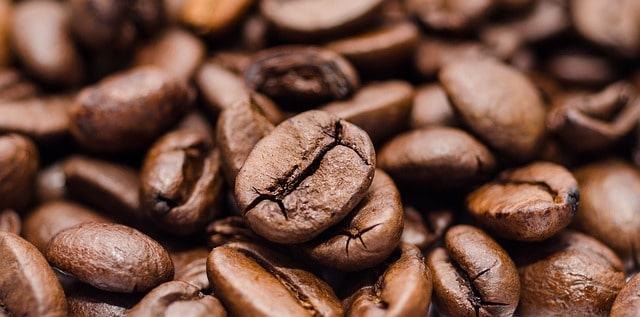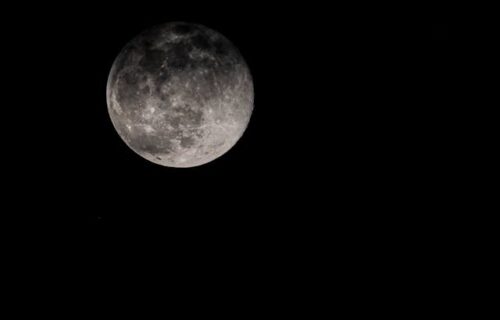
Coffee? Wine? Liver?
What do wine and coffee have in common?
Yes, yes, I know: they both come from a fruit, both involve fermentation—no, sorry, I don’t think you can count them as part of your probiotic regimen—and both are expensive and can inspire a cult-like devotion.
No, I’m thinking about the fact that as we pass the 40-or-so-years-old mark, both of these beverages seem to have a more marked effect on our bodies (and minds).
I’ve never consumed either liquid in mass quantities, and we are all bio-individual, so your experience might be vastly different, but my experiences ran something like this:
coffee
Although I don’t think I ever drank more than 3 cups a day, in my 20s, I drank it any time of the day, right into the evening.
In my 30s, I could drink it until around 3pm and still get to sleep without difficulty (and there were those years where I didn’t drink it due to being pregnant or nursing—definitely no problem sleeping those days!)
In my 40s, I could drink it until 2pm, then 1pm, then noon….
And here I am in my 50s thinking I might just give it up entirely. Well, maybe cut down to 1 cup first thing in the morning. Maybe in the new year….
wine (and beer and liquor)
When I was growing up, the legal age to buy alcohol in Vermont was 18 (and a common activity was to drive to Canada, where you could purchase higher-alcohol content beer), and I was in that odd crossover generation where we were grandfathered in to the legal age limit when the law changed the age to 21.
Not that I ever drank to excess in high school/college. No, seriously, ask my mother. I was a model child….
As an adult, I love a good beer, wine, or cocktail—and I still (mostly) drink in moderation. I say mostly because my 50th birthday party (how can that have been five years ago?!?) may have involved some relatively lethal margaritas.
And as with coffee, I notice the effects of alcohol much more after 40.
It started with getting a headache every time I drank white wine.
Then I’d get a hot flash 5–10 minutes after a drink.
Then I began to wake up in the middle of the night and not be able to fall back asleep after I’d had wine with dinner.
And just in the last few years, I’ve noticed that I’m an even cheaper date than I used to be—1 glass of wine is plenty.
let’s talk about liver
Liver was one of the few dishes my father refused to eat, and in his memory, we’re not going to go there. Let’s talk about our livers instead.
You probably know that the liver—the organ tasked with metabolizing macronutrients and excreting toxins from of our systems among other jobs—is the only internal organ that regenerates itself.
(I hope you noticed that I used the word “tasked” without flinching. One of my goals is to start accepting that nerbs—words that used to be nouns but have become verbs—are here to stay. Think: task, lunch, calendar, and—believe it or not—office. As in “I live in Ann Arbor and office in Detroit.” I kid you not. And I digress.)
I recently learned on the Menopause Natural Solutions podcast that despite its regenerative superpower, the liver’s capacity to perform its duties decreases at the rate of 1% per year starting at the onset of perimenopause, which can begin as early as ten years before menopause actually occurs. No wonder we suddenly can’t process caffeine and alchohol!
What happens when the liver isn’t functioning at its best? We might experience the following symptoms (not a complete list):
- Headache
- Itchy skin
- Fatigue
- Easy bruising
- Brain fog
- Insomnia
- Weight gain
- Constipation
Huh—those might sound vaguely (or painfully) familiar if you’re rounding the corner past 40 or 45….
help is on the way—from you!
Not to worry—Jennifer Harrington, a naturopath and host of the podcast says that there are things you can do to give your liver a rest from its labors!
In terms of food choices, there are some that benefit the liver more than others, and (I know you’ll be shocked) most of them are fruits, vegetables, and herbs/spices. Check out the podcast episode for a more complete list, and in the meantime, increase your intake of beets, blueberries, broccoli, citrus fruits, garlic, ginger, turmeric, and (my favorite food group) dark green leafies, including spinach and cilantro. Really love a bitter taste? Dandelion is great as a green and/or an herbal tea.
On the lifestyle side of things, Jennifer recommends including some physical activity—including walking, rebounding, swimming, stretching, and especially yoga—and massage and acupuncture.
Interested in learning more about your liver? I highly recommend the podcast—and not just the episode on liver function!
make the connection
In the (Sorta) Secret Sisterhood, my online membership site for women 40+, we have a long list of health professionals who have shared their wisdom about this stage of life with us—I’m hoping Dr. Harrington will join us for a talk in 2020! Interested in accessing those interviews and many, many more resources? Check us out. (And there will be some exciting changes coming to the clubhouse in the second half of 2020!)
Let me know in the comments: if you’ve noticed a difference in your body’s reaction to/tolerance of coffee and alcohol in recent years, what steps will you take to give your liver a break?



